BYDEF BLOG
BYDEF COMMEMORATES
"WORLD PNEUMONIA DAY 2022"
THEME: LETS FIGHT PNEUMONIA

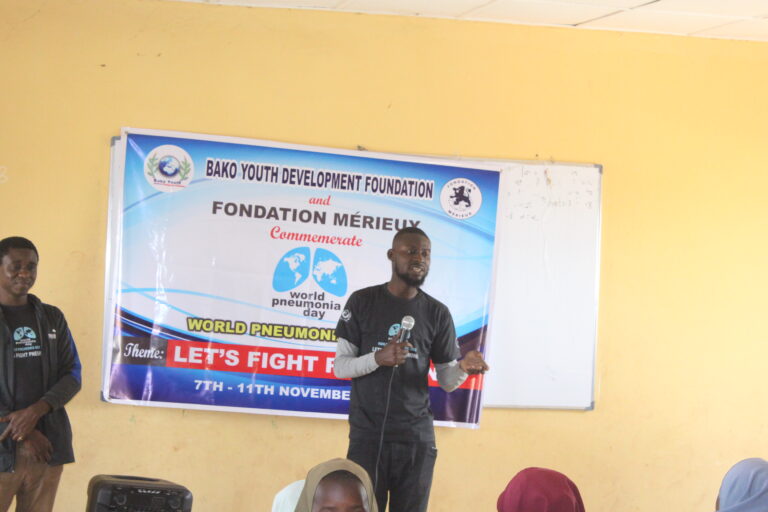
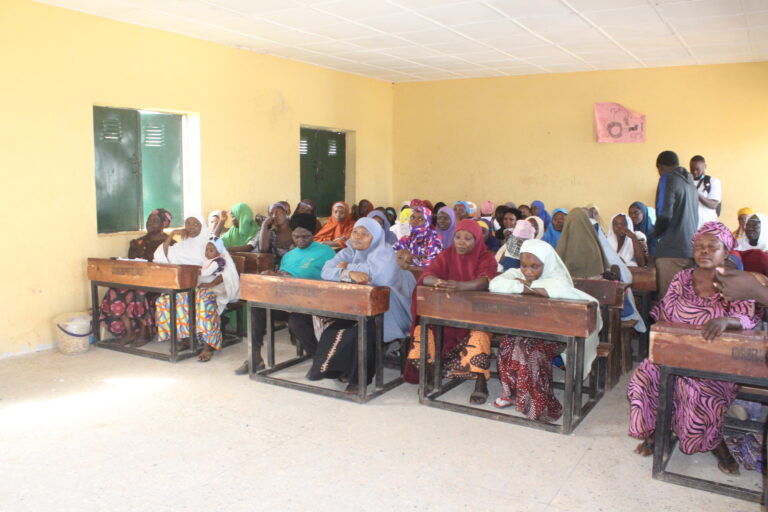
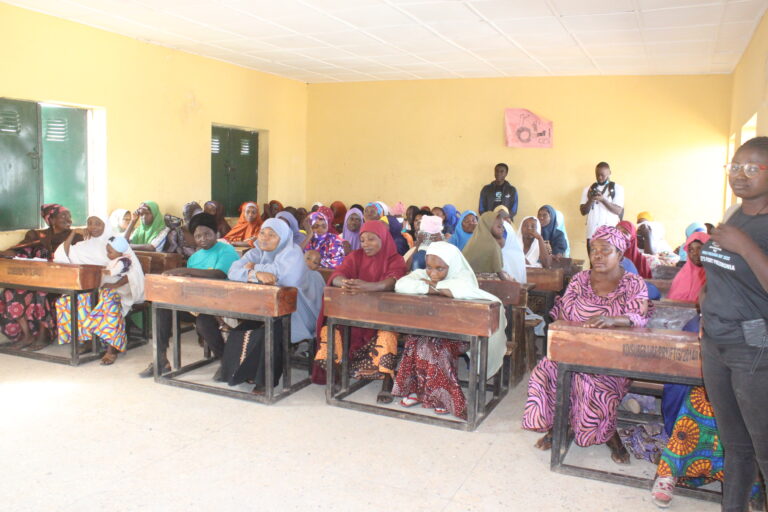
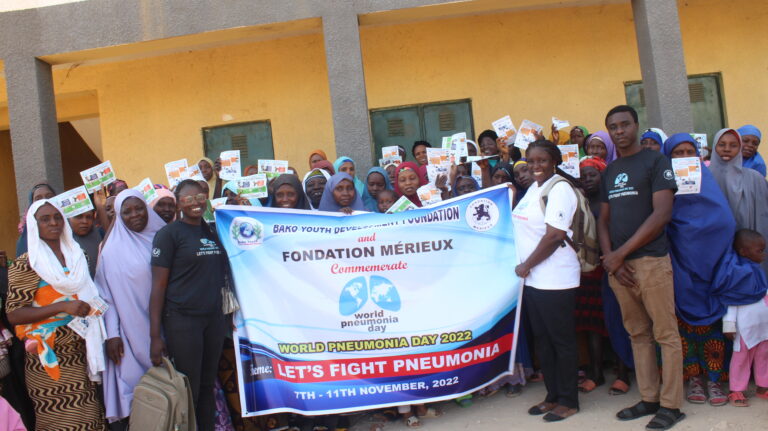
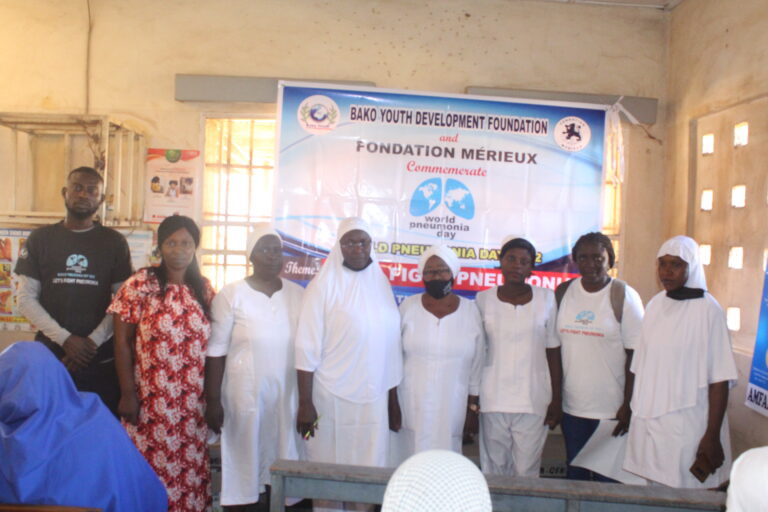
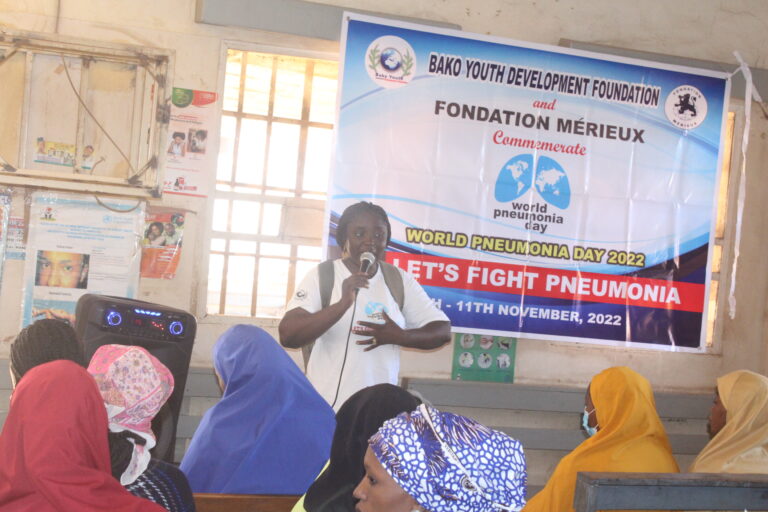
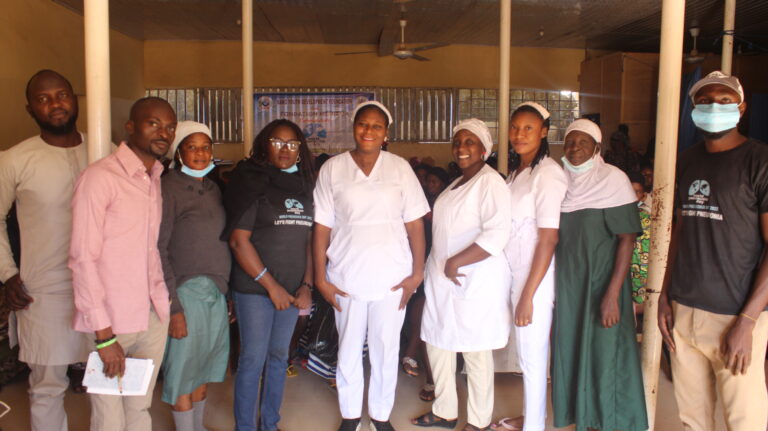
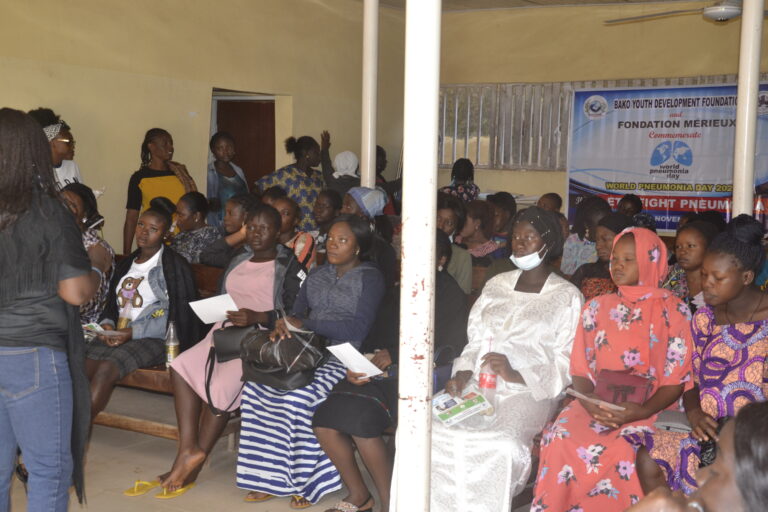
world pnuemonia day 2022
The World Pneumonia Day is an event that occurs every year on the last Tuesday of October, with the goal of raising awareness and stimulating action on pneumonia prevention. In this blog post, we’ll explore the extent of uncontrolled pneumonia in developing counties and methods for preventing the spread of pneumonia all over the world.
What is Pnuemonia?
Pneumonia is an infection of the lungs that can be caused by a number of different organisms, including viruses, bacteria, and fungi. It is a serious illness that can lead to death, particularly in young children and the elderly. Pneumonia is a leading cause of death in children under the age of five, accounting for approximately 1.4 million deaths each year.
Symptoms of pneumonia include coughing, chest pain, shortness of breath, rapid breathing, sweating and fever. Pneumonia can be treated with antibiotics, but it is important to seek medical help early if you or your child develop any of these symptoms.
Symptoms of Pnuemonia
Pneumonia is an infection of the lungs that can cause mild to severe respiratory illness. Symptoms include coughing, chest pain, shortness of breath, rapid breathing, sweating and fever. Pneumonia can be caused by a number of different viruses, bacteria or fungi and is often spread through the air when an infected person coughs or sneezes. In some cases, it can also be contracted by touching contaminated surfaces or inhaling contaminated dust particles. Treatment typically involves rest, plenty of fluids and antibiotics. In severe cases, hospitalization may be required.
Causes of Pnuemonia
Pneumonia is an infection of the lungs that can be caused by a variety of different organisms, including bacteria, viruses, and fungi. The most common cause of pneumonia in adults is bacteria, while viruses are the most common cause in children.
Pneumonia can also be caused by inhaling foreign objects or chemicals into the lungs, or by aspirating (inhaling) stomach contents or other fluids into the lungs. Inhalation of smoke or polluted air can also lead to pneumonia.
Certain conditions and medications can make people more susceptible to developing pneumonia. These include COPD (chronic obstructive pulmonary disease), heart failure, diabetes, cancer, and HIV/AIDS. Use of steroids and immunosuppressive drugs can also increase the risk.
Prevention for Pnuemonia
Pneumonia is a serious lung infection that can be life-threatening. It is most commonly caused by bacteria, but can also be caused by viruses, fungi, or other organisms. Pneumonia can occur at any age, but is most common in young children and older adults.
There are several things you can do to help prevent pneumonia:
1) Get vaccinated. There are vaccines available for both children and adults that can help protect against the most common types of bacteria that cause pneumonia.
2) Practice good hygiene. This includes washing your hands often, especially after coughing or sneezing, and avoiding close contact with people who are sick.
3) Quit smoking. Smoking damages your lungs and makes them more susceptible to infection. If you smoke, quitting is the best way to reduce your risk of pneumonia.
4) Eat a healthy diet and exercise regularly. A healthy immune system can help fight off infection. Eating a balanced diet and getting regular exercise will help keep your immune system strong.
Conclusion
Pneumonia is a serious global health problem, and World Pneumonia Day is an important opportunity to raise awareness of the disease and its impact. In 2022, we hope to build on the momentum of recent years and continue to make progress in our fight against pneumonia. With greater awareness and understanding of the disease, we can save more lives and protect more people from this preventable illness.



